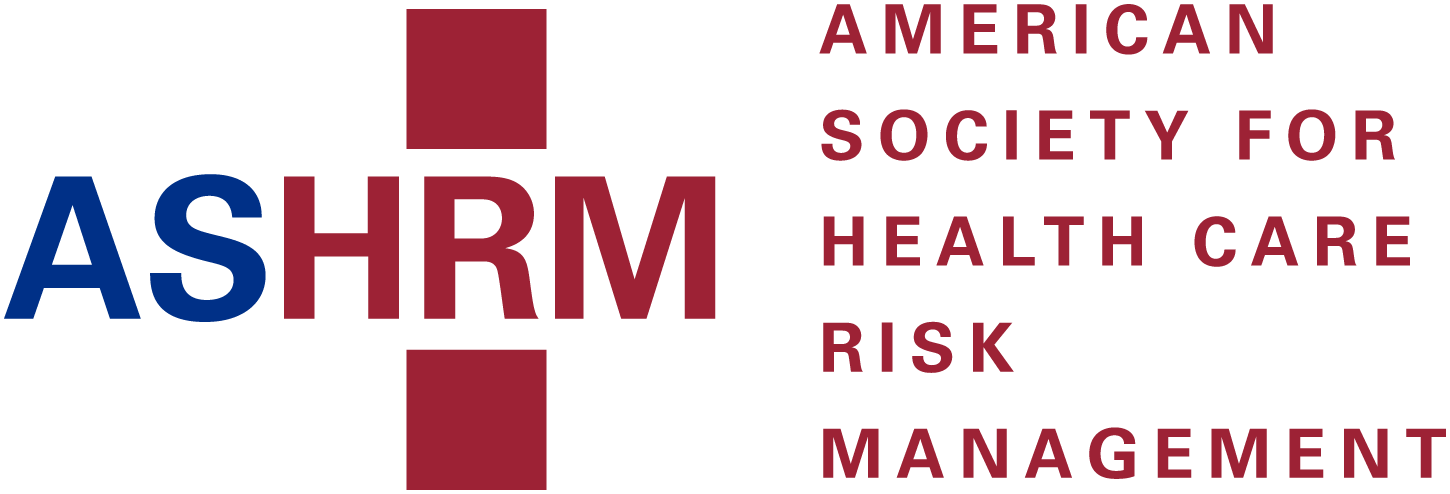
Three Steps Risk Professionals Can Take to Promote a Civil Workplace Culture
Event Format
Date
Wed, Jan 17, 2024, 12:00 PM – Wed, Jan 17, 2024, 01:00 PMCost
Type
Event Host

Contact Information
Open To
Description
On-Demand
A civil health care workplace supports safe, productive, efficient, and successful care of parents, employees, systems, and communities. And yet, few people have been untouched by uncivil interactions and experiences in the workplace. Since 2022, The Joint Commission has considered uncivil workplace communication and conduct a form of workplace violence, which increases legal, financial, and health risks within institutions. This session will present three steps risk managers can take to promote a civil workplace culture, including a variety of communication techniques that can be used to recognize, respond to, and ultimately prevent uncivil conduct. It will conclude with recommendations for risk managers who may need to develop performance improvement plans, including elements specifically aimed at recapturing and supporting an ongoing civil workplace culture.
Learning Objectives:
- Describe the risks an uncivil workplace culture poses to people and institutions.
- Apply communications techniques, tools, and skills to recognize, respond to, and prevent uncivil conduct.
- List elements of performance improvement plans aimed at recapturing and supporting an ongoing civil workplace culture.
| Product Code | 322029OD23 |
| ASHRM CE Credits | 1.0 |
| CNE Credits | 1.0 |
| Domain | Strategic |
| Level - Foundational (F), Practitioner (P), Advanced (A) | F |
| Publication Date | 1/17/24 |
| Next Review | 7/1/24 |
| Credit Expires | 7/1/25 |
Speaker:

Dr. Catherine V. Caldicott, MD, FACP, is an internist with more than two decades of expertise in professional ethics education. As an invited subject matter expert, she contributed to the Federation of State Medical Boards Workgroup on Physician Sexual Misconduct. She was also invited to serve on the Advisory Board of a Greenwall Foundation project, to aid state medical boards in safeguarding patients by addressing egregious physician misconduct. Formerly Program Director of the Professional/Problem-Based Ethics Program at the Center for Personalized Education for Professionals, she frequently presents on professional ethics and boundary remediation in health care. A Princeton University and Dartmouth Medical School alumna, her publications include an award-winning article in the Journal of Medical Regulation. Currently, she holds the position of Medical Director at PBI Education, a provider of intensive remedial education for clinicians.
Member: $39.00
Non-Member: $99.00
